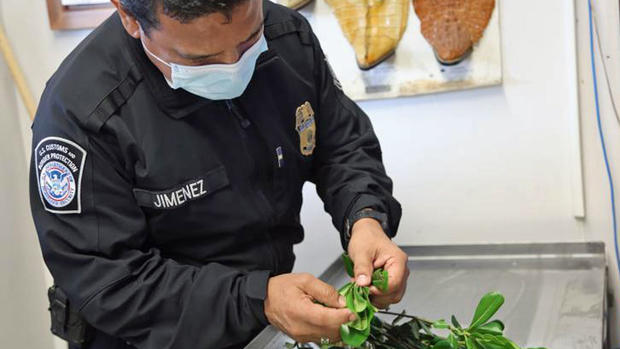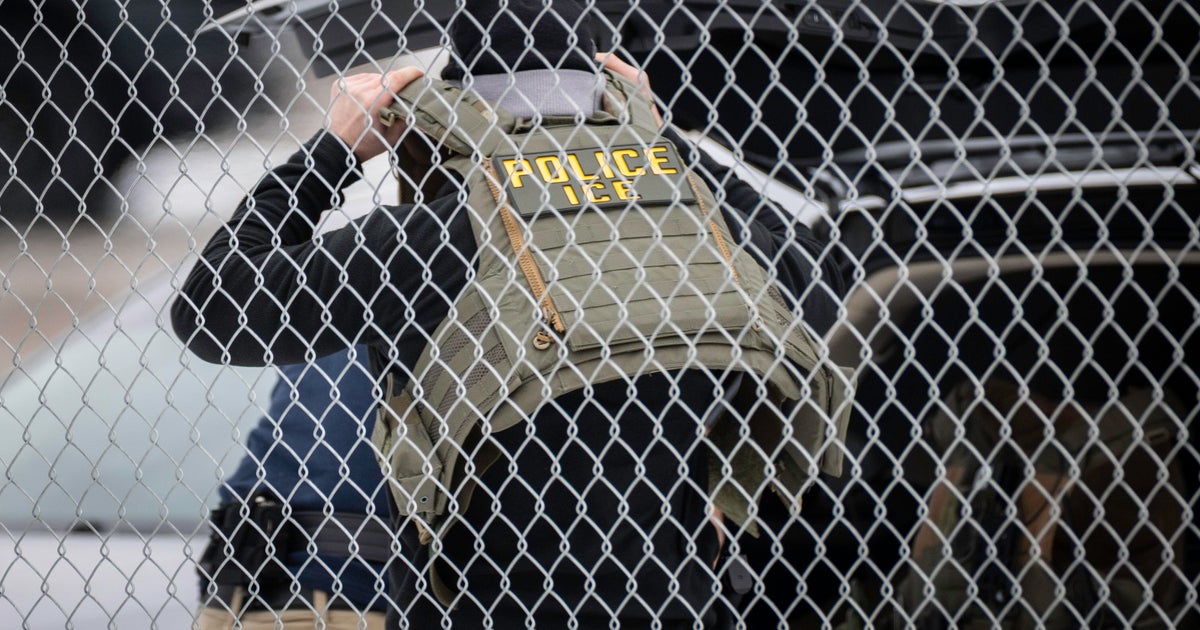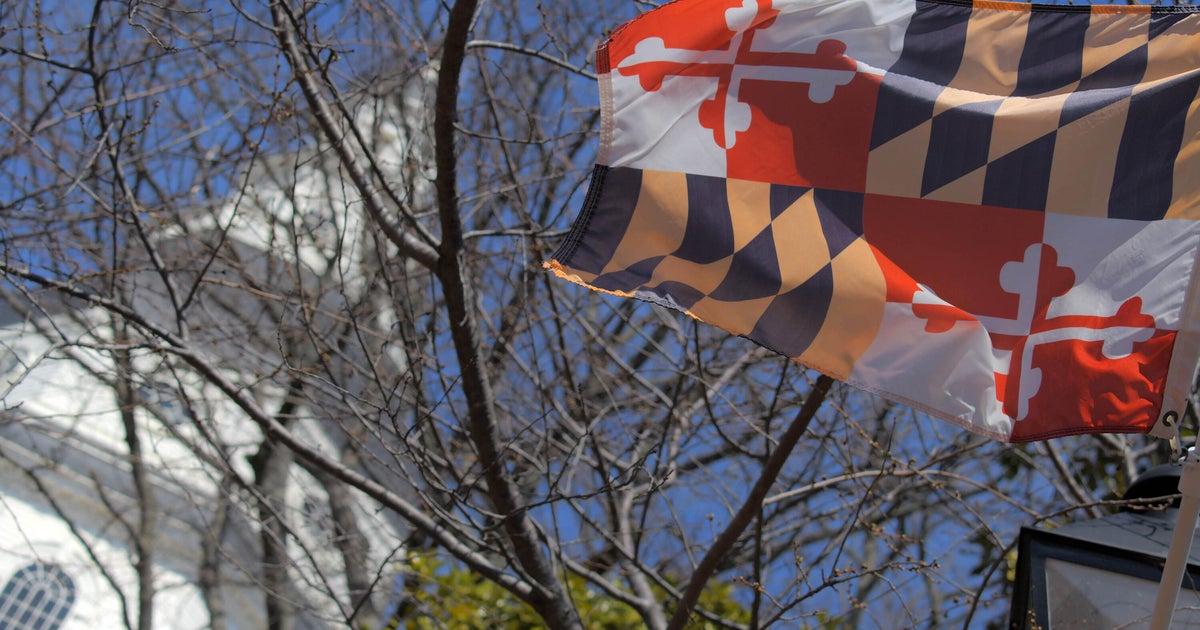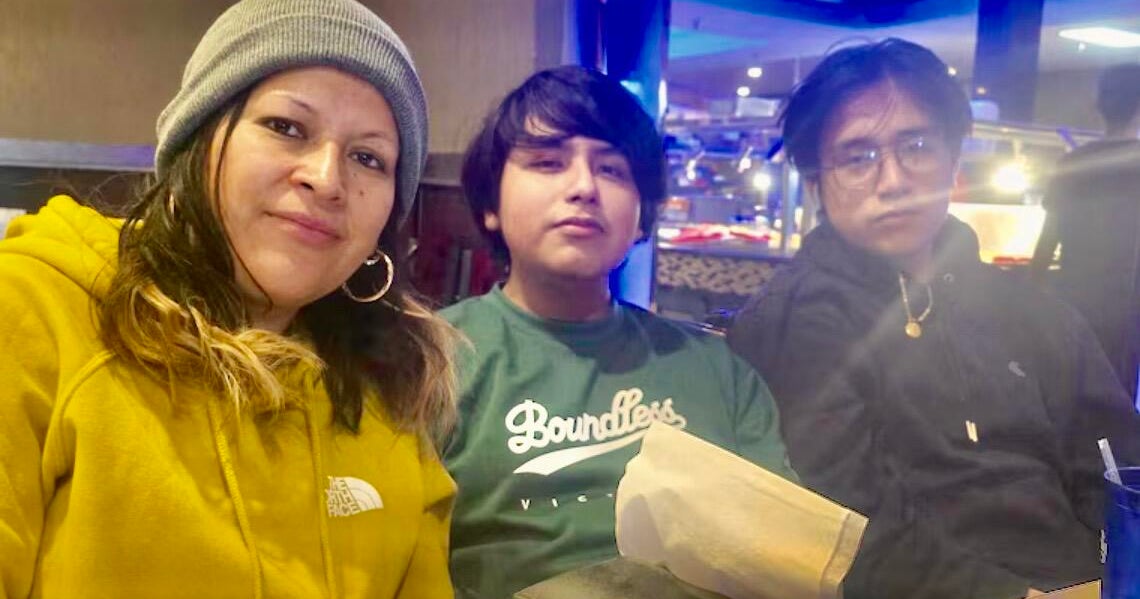For First Time In US History, Customs Agents Find Rare Spittlebug In Flower Shipment At Texas-Mexico Border
LAREDO, Texas (CBSDFW.COM) – U.S. Customs and Border Protection agriculture specialists at Laredo Port of Entry discovered a significant rare pest over the weekend, a first in the nation interception within a shipment of cut flowers.
On Aug. 13, 2021, agriculture specialists at the World Trade Bridge import lot intercepted a spittlebug that was later identified as Maxantonia catella Jacobi (Cercopidae) by U.S. Department of Agriculture's Systematic Entomology Laboratory in Washington, D.C. Pests that are not known to occur in the U.S. may be detrimental to the nation's agriculture industry. Cercopidae sp, are xylem-feeding insects also known as frog hoppers. They are extremely efficient at jumping, and feed on a variety of plants, principally on pasture grasses and sugar cane.
"I want to congratulate our agriculture specialists at Laredo Port of Entry for their continued dedication to our agriculture mission and attention to detail that resulted in the interception of a first in the nation pest," said Port Director Alberto Flores, Laredo Port of Entry. "Their outstanding work helps to protect American agriculture from serious economic harm that can be inflicted by infiltration of pest species not known to exist in the United States."
The interception is the first of its kind in the nation according to USDA's Pest ID Database. According to USDA entomologists, this pest has never been identified at any of the nation's ports of entry. This shipment was turned over to USDA-Animal and Plant Health Inspection Service-Plant Protection and Quarantine for treatment.
The interception is an example of the work CBP agriculture specialists do on a daily basis and are crucial in preventing foreign pests from becoming established in the United States, according to the agency. This marks the fourth first in the nation pest interception this summer by CBP agriculture specialists in South Texas, who earlier stopped shipments containing Cyclocephala forcipulata, Alampyris fuliginea and Eburia nigrovittata.
On a typical day last year, CBP agriculture specialists interdicted 250 pests and 3,091 prohibited plants, meats, animal byproducts and soils.








